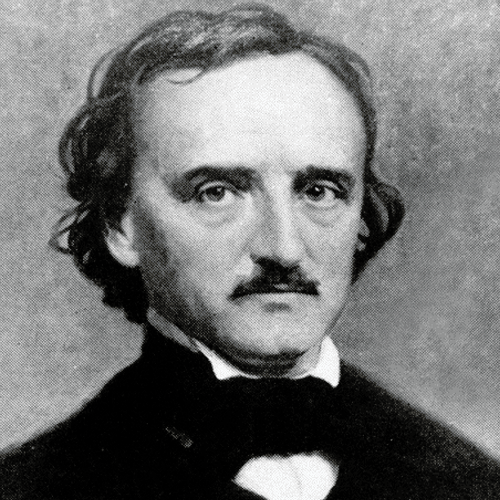Who is said to be the founder of the modern short story?
The short story as a distinct literary form has roots that trace back to ancient civilizations, encompassing fables, parables, and folktales. However, the evolution of the modern short story is a relatively recent phenomenon. When discussing the pioneers of this genre, one name prominently stands out: Edgar Allan Poe. Though cultures around the world have contributed to the genre’s development, Poe is frequently credited as the architect of the modern short story. This article explores the historical evidence and facts that fortify this assertion.
Who is the Founder of the Modern Short Story?
The founder of the modern short story is Edgar Allan Poe because he pioneered the idea of a story’s “unity of effect,” emphasizing that every element should contribute to a single emotional impact. This meticulous approach to narrative structure, combined with his innovative themes and styles, set the foundation for the modern short story genre. That’s why, even today, Poe’s contributions remain a benchmark in discussions about the evolution of short fiction.
Edgar Allan Poe: The Luminary
Born in 1809, Edgar Allan Poe was an American writer known for his tales of mystery, macabre, and pioneering literary criticism. Poe’s works are characterized by their exploration of the human psyche, their tightly-knit structure, and their signature dark ambiance. What distinguished Poe from his predecessors and many contemporaries was his focus on creating a singular effect in his short stories. In his review of Nathaniel Hawthorne’s “Twice-Told Tales,” Poe articulated the idea that a short story should be concise enough to be read in a single sitting, allowing for a sustained mood or emotion throughout the reading.
Historical Evidence and Contributions
- Singular Effect Theory: Poe’s belief in a story’s “unity of effect” is foundational to modern short story writing. He contended that every word, sentence, and paragraph should serve the story’s predetermined effect or mood. This meticulous approach, ensuring no superfluous details distract from the central theme, became a hallmark of the short story genre.
- Literary Criticism: As an astute literary critic, Poe’s reviews and essays provided insights into his understanding and vision of the short story. His criteria for evaluating short fiction laid the groundwork for subsequent writers and critics, helping to shape the genre’s conventions.
- Innovative Themes and Styles: Poe’s stories, such as “The Tell-Tale Heart,” “The Fall of the House of Usher,” and “The Cask of Amontillado,” showcased his versatility. He ventured into psychological horror, detective fiction (with “The Murders in the Rue Morgue” often cited as the first modern detective story), and Gothic horror, contributing varied themes and styles to the short story form.
- Global Influence: While the short story evolved concurrently in various cultures, Poe’s approach significantly influenced writers beyond American shores. His work resonated with European writers like Charles Baudelaire, who translated Poe’s works into French, and thereby disseminating his innovative techniques to a broader audience.
Conclusion
While many writers from diverse cultures have shaped the short story form, Edgar Allan Poe’s unique vision and contributions firmly position him as a seminal figure in its modern evolution. His understanding of brevity, structure, and emotional intensity transformed the genre, making him a quintessential touchstone in discussions about the modern short story. Historical evidence, both in terms of his literary output and his influence on subsequent writers, underscores Poe’s indelible imprint on this cherished literary form.



